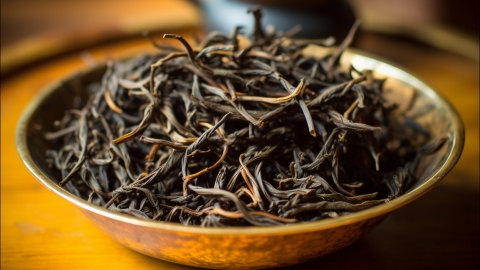Can people with high uric acid levels drink tea?
Generally, patients with high uric acid levels can drink tea, but should do so in moderation. Detailed explanations are as follows:

Tea contains various bioactive components such as polyphenols and catechins, which have antioxidant and anti-inflammatory properties. These substances can help reduce inflammatory responses in the body, and since inflammation is associated with uric acid metabolism disorders, they may indirectly aid in improving uric acid metabolism. Additionally, drinking tea increases water intake and promotes urination, which helps excrete uric acid through urine, thereby lowering blood uric acid concentration.
However, individuals with high uric acid levels should avoid drinking tea immediately after meals to prevent interference with the absorption of nutrients like iron. It is recommended to drink tea 1–2 hours after meals, and daily tea consumption should be kept within reasonable limits. Warm tea is preferable, and one should avoid consuming cold tea that has been left standing for long periods. Scientific tea consumption can help in managing uric acid levels effectively.








